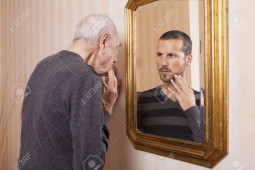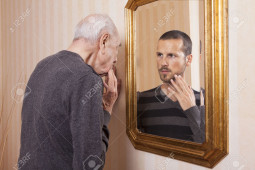
Hacking the Planet (start time: 10:24):
It’s tough to wrap one’s mind around just how monumental and consequential the problem of climate change is. So dire that scientist and engineers for years have been exploring ways to “hack” the planet–to manipulate the global climate system enough to significantly reduce planet-warming gases or increase the Earth’s ability to reflect solar radiation. This audacious scheme, called geoengineering, only exists because many scientists think that human behavioral change, industry regulations, international treaties and national legislation, have not done enough — can not do enough – to keep us from careening toward climate catastrophe.
Our guests today have given this huge challenge a lot of thought and some research. Dr. Lisa Dilling is an associate professor of Environmental Studies at CU Boulder and a fellow at the Cooperative Institute for Research in Environmental Sciences, or CIRES. Dr. David Fahey is a physicist at the National Oceanic and Atmospheric Administration, or NOAA. He directs the Chemical Sciences Division at NOAA’s Earth System Research Lab in Boulder.
Some relevant materials on geoengineering:
2017 study on public perception of climate change;
2015 National Research Council committee evaluation of proposed climate-intervention tchniques.
Hosts: Susan Moran, Joel Parker
Producer: Susan Moran
Engineer: Joel Parker
Contributor: Chip Grandits
Executive Producer: Susan Moran
Listen to the show here:
Podcast: Play in new window | Download (Duration: 29:24 — 26.9MB)
Subscribe: RSS




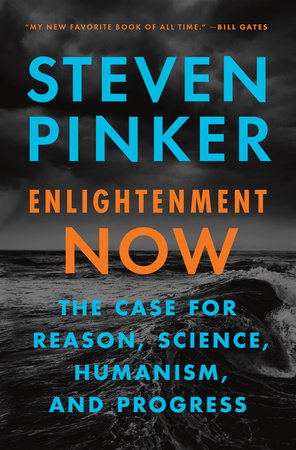
 You may be among many who wistfully harken back to the “golden days” of the past. For some people the past does look rosier, or perhaps the present looks grim, but, according to
You may be among many who wistfully harken back to the “golden days” of the past. For some people the past does look rosier, or perhaps the present looks grim, but, according to 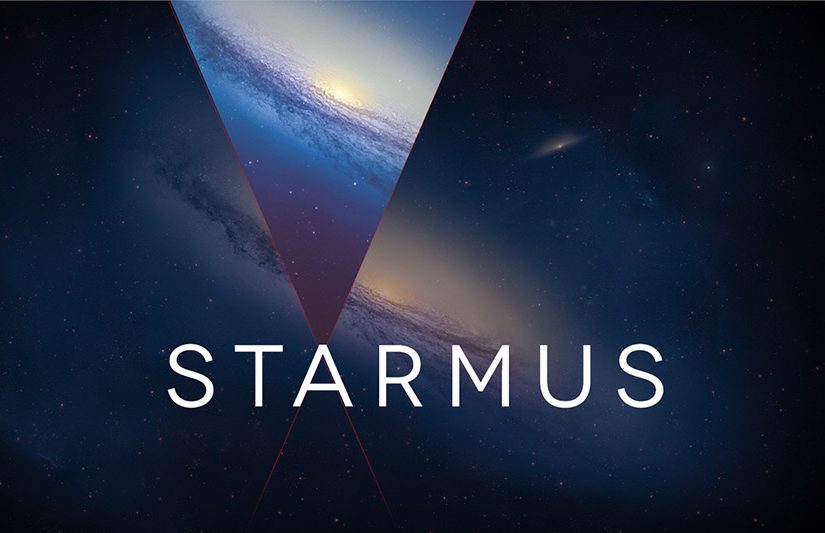
 Woodstock. Lallapalooza. Lilith Fair. Coachella. Burning Man. All famous music and art festivals. What about…science festivals? Perhaps a festival with all the “rock stars” of science and space exploration, and while you’re at it, throw in a few music rock stars as well? Well, that describes the
Woodstock. Lallapalooza. Lilith Fair. Coachella. Burning Man. All famous music and art festivals. What about…science festivals? Perhaps a festival with all the “rock stars” of science and space exploration, and while you’re at it, throw in a few music rock stars as well? Well, that describes the 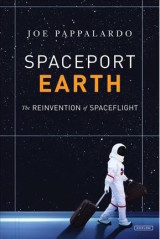
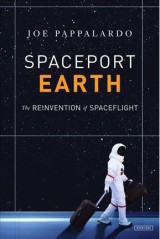
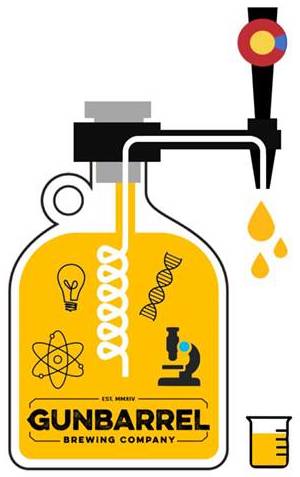
 Boulder, Colorado has a rich culture of science, as the home for serveral prestigious national laboratories, a thriving technology industry, the flagship campus of the University of Colorado and various joint ventures between them. As a science enthusiast, where might you go to find a community of like minded people? Must you work in a lab? Teach at a university? Enroll as a student? Well now Boulder has
Boulder, Colorado has a rich culture of science, as the home for serveral prestigious national laboratories, a thriving technology industry, the flagship campus of the University of Colorado and various joint ventures between them. As a science enthusiast, where might you go to find a community of like minded people? Must you work in a lab? Teach at a university? Enroll as a student? Well now Boulder has 
 For this end-of-the-year/start-of-the-year How on Earth show, we look back to 2017 with clips from some of our features from the past year: selections about tracking methane leaks,
For this end-of-the-year/start-of-the-year How on Earth show, we look back to 2017 with clips from some of our features from the past year: selections about tracking methane leaks, 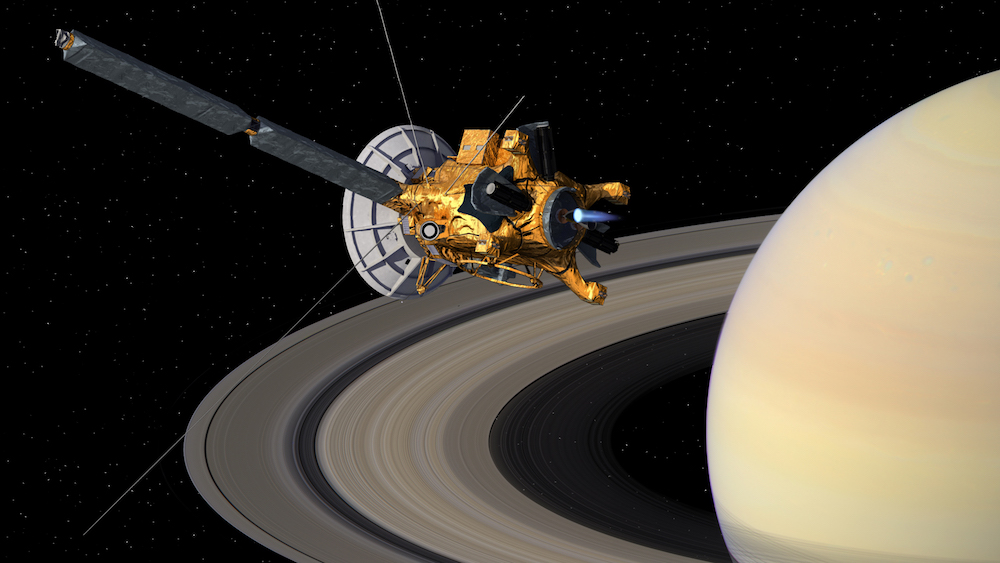
 The
The 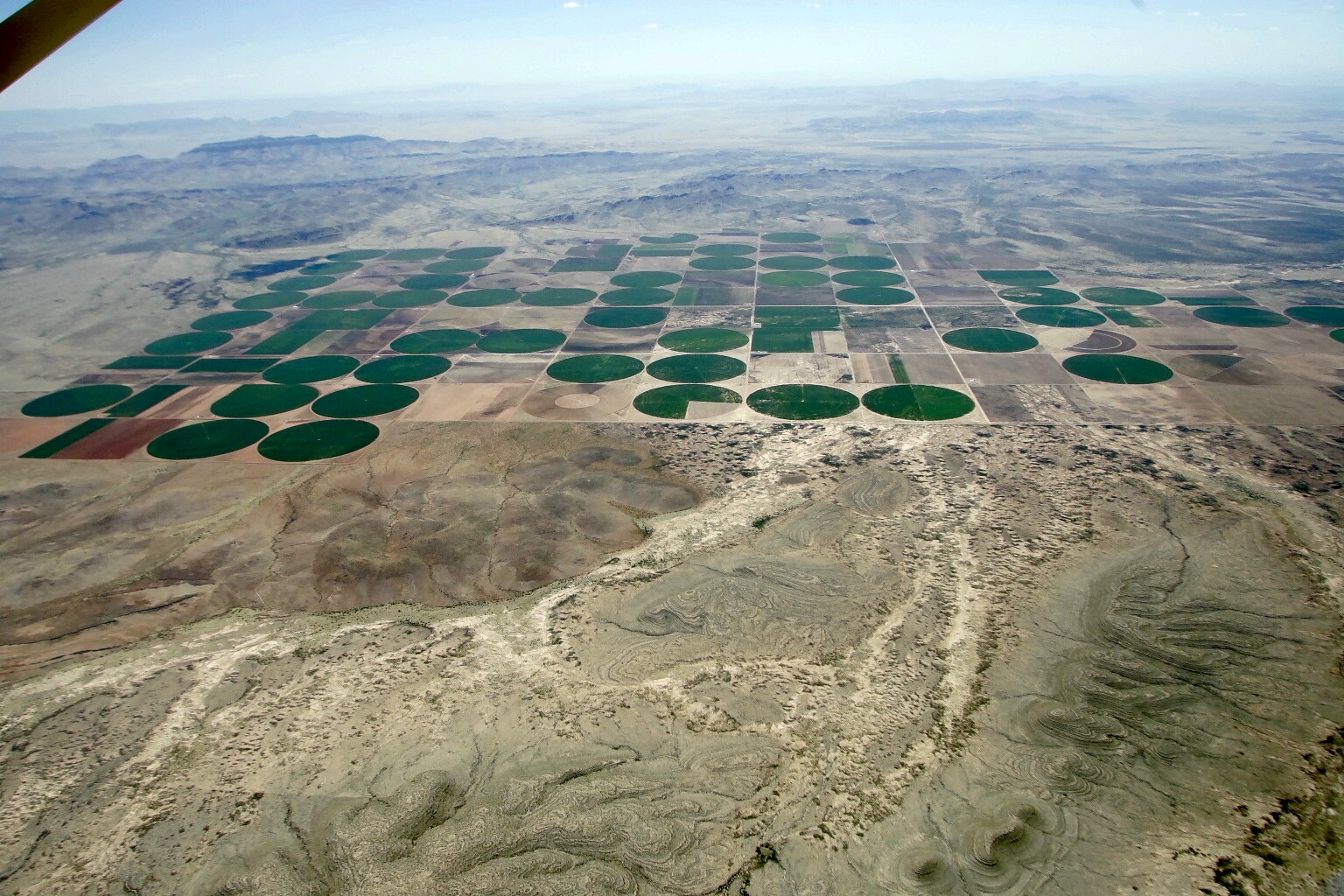
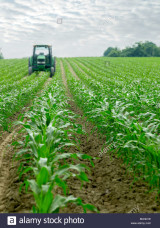
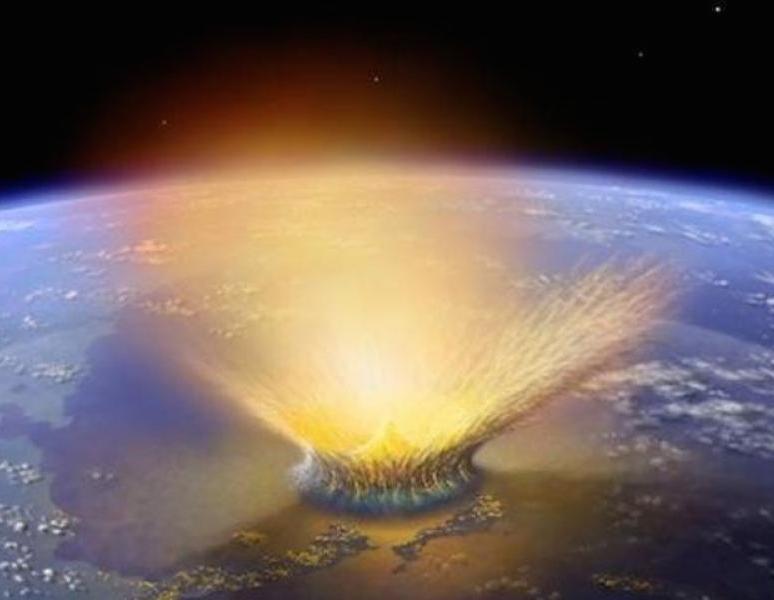
 Climate Change and Extinctions Following an Asteroid Impact (starts at 8:45) It has been hypothesized that the dinosaurs were killed off by a large asteroid that struck the Earth. The details of how the impact of a 10 kilometer diameter asteroid led to global scale extinction have remained elusive. Recently, climate researchers from the Boulder area published new climate model results that show how the asteroid impact ultimately leads to widespread cooling in the atmosphere and increased exposure to ultraviolet radiation. These drastic and rapid changes to the climate due to the asteroid impact may explain the global scale extinction.
Climate Change and Extinctions Following an Asteroid Impact (starts at 8:45) It has been hypothesized that the dinosaurs were killed off by a large asteroid that struck the Earth. The details of how the impact of a 10 kilometer diameter asteroid led to global scale extinction have remained elusive. Recently, climate researchers from the Boulder area published new climate model results that show how the asteroid impact ultimately leads to widespread cooling in the atmosphere and increased exposure to ultraviolet radiation. These drastic and rapid changes to the climate due to the asteroid impact may explain the global scale extinction.